Announcer:
The following program is a PBS Wisconsin original production. You’re watching “Here & Now” 2024 election coverage.
Joe Biden:
Hello, Milwaukee.
Frederica Freyberg:
Battleground Wisconsin. President Joe Biden makes his second visit to the state this year. And the state Supreme Court takes a swing at bringing back ballot drop boxes.
I’m Frederica Freyberg. Tonight on “Here & Now,” senior political reporter Zac Schultz on the state Supreme Court reconsidering absentee ballot drop boxes. Critical shortages of licensed practical nurses in Wisconsin hospitals, lessons learned four years after the COVID emergency was declared in Wisconsin, and political panelists, Ross and McCoshen, as the general presidential campaign is on. It’s “Here & Now” for March 15.
Announcer:
Funding for “Here & Now” is provided by the Focus Fund for Journalism and Friends of PBS Wisconsin.
Frederica Freyberg:
We start tonight with the question of whether the widespread use of absentee ballot drop boxes will be coming back for the November election. This week, Wisconsin’s liberal majority Supreme Court decided to consider an appeal to the court’s ruling of less than two years ago that the drop boxes are illegal and that ballots must be personally delivered to the municipal clerk. The court’s conservative dissent harshly condemned the new order calling it, “another shameless effort by the majority to readjust the balance of political power in Wisconsin.” Approved by the state elections commission for use in 2020 during the COVID pandemic, more than 500 absentee ballot drop boxes across Wisconsin allowed contactless voting, but when Donald Trump lost the election, his blame included the boxes, casting doubt on the results. In 2022, the then-conservative majority Wisconsin high court ruled they were illegal for future elections. Fast forward to today and they’re up for consideration again. “Here & Now” senior political reporter Zac Schultz is here with more. Hi, Zac.
Zac Schultz:
Hello, Fred.
Frederica Freyberg:
So how unusual is it for a court to reach back to decided law and consider an appeal?
Zac Schultz:
Well, it doesn’t happen very often, but there are some high-profile examples. On a national scale, Dobbs overturning Roe v. Wade just a couple of years ago is obviously a pretty big one that has political ramifications, but there’s actually precedent here for that in Wisconsin. Back in 2016, the conservative Supreme Court ruled that the Legislature had oversight over the Department of Public Instruction and the state superintendent. They did not have oversight. Flash forward just a couple of years later and the makeup of that court changed when Justice Kelly joined the court, he ruled that they did have oversight. So they overturned an example. When I asked him why, he said that was because that original decision was fractured. It wasn’t a solid majority that made it up. It was concurring opinions. And the reason that’s important in this example, Frederica, is because the Teigen decision from July of ’22 was also a very fractured majority opinion. In that case, Justice Brian Hagedorn joined the majority for only about half of the actual majority opinion. He concurred with only 30 of 87 paragraphs in the entire decision. There were multiple concurrences and so the only thing that stands out of that original decision is that drop boxes are not valid in state law because they are not allowed, and they are not specifically allowed but they’re also not not allowed, and that’s what this decision is going to take a look at again.
Frederica Freyberg:
So I can see through your explanation how this is potentially ripe for that appeal, but the conservative dissent to this order says that by granting it, “the majority aims to increase the electoral prospects of its preferred political party.” Is it proven that ballot drop boxes helped Democrats?
Zac Schultz:
Well, certainly in 2020, more Democrats took advantage of drop boxes and absentee voting than Republicans did. Historically, that’s not always the case. Different states vote largely by mail. Donald Trump himself voted absentee in Florida in prior presidential elections, but it was Trump who made the case against absentee voting in 2020 in the lead-up to that election that convinced a lot of Republicans not to trust that process and then it was Trump after the election that made it part of his conspiracy theories about fraud in the electorate that turned Republicans against it. But importantly, Republicans, including the Republican Party of Wisconsin, is trying to shift back to absentee balloting for this election. They’ve made that a big part of their platform because they understand it’s extremely important in trying to win elections.
Frederica Freyberg:
So if the conservative minority on the Wisconsin’s high court thinks that it’s a political kind of decision on the part of the liberal majority, wouldn’t outlawing these boxes mean the former conservative majority was aiming to increase the electoral prospects of its preferred political party?
Zac Schultz:
Well, certainly the decision fell in line with what the standard bearer at that time, former president Trump wanted, and what the MAGA opinion throughout most of the country was, is that drop boxes are ripe for fraud. That certainly hasn’t been proven in most cases. It certainly wasn’t proven in Wisconsin. There’s arguments that places in rural Wisconsin would benefit just as much from drop boxes because clerks aren’t always present for someone to come in and vote absentee in-person early and then a drop box would be a nice easy way for someone to drop off a ballot. Rural Wisconsin being slightly more conservative than urban Wisconsin.
Frederica Freyberg:
Right. What about the issue of sowing chaos in November for election officials having to give guidance to clerks? How likely is it that this would continue to be litigated?
Zac Schultz:
Well, it’s unlikely in the sense that — the Supreme Court is fast-tracking this. They want oral arguments by May, likely a decision by June, so there will be plenty of time before we get to the August primary and November before a decision would have to come up in that case, so the decision would be in place. It’s unlikely it could be appealed to the United States Supreme Court so that decision would be final, but there’s always lawsuits in the last couple months before an election.
Frederica Freyberg:
How surprising is it that it’s fast-tracked in this way? I mean, I get it that they’re up against the November election, but this Supreme Court seems to be making some moves differently than the last court.
Zac Schultz:
That’s right. With the liberal majority took over, they changed some of the administrative process to make sure that things could go along smoothly and quickly in a lot of these expedited cases. In part, that’s because traditionally the chief justice of the Supreme Court has a lot of power over how fast decisions move along and that Supreme Court chief justice is a conservative. So the liberals have created a new process to make things faster. In this case, expediting this case so that they can have a decision before the end of this term, which will affect the fall election.
Frederica Freyberg:
Zac Schultz, thanks very much.
Zac Schultz:
Thank you.
Frederica Freyberg:
As to absentee ballots, in its final session day the state Senate declined to take up the bill allowing clerks get a head start on counting them the day before Election Day.
The Senate majority also rejected eight more of Governor Tony Evers’ nominees for appointment to boards and commissions, including two on the UW Board of Regents.
In other business, Evers once again urged the Legislature to release $15 million to help support healthcare with the coming closure of hospitals in Eau Claire and Chippewa Falls. Closures the Wisconsin Hospital Association calls unthinkable, but part of feared results from staff shortages and financial pressures. The association is just out with its 2024 Wisconsin Healthcare Workforce Report, which describes a critical condition. Ann Zenk from the Wisconsin Hospital Association joins us now. Thanks very much for being here.
Ann Zenk:
Thanks for having me.
Frederica Freyberg:
So in what hospital positions are the shortages most acute?
Ann Zenk:
I think the biggest impact right now, because they’re such a large part of our workforce, is the registered nurse shortage.
Frederica Freyberg:
And so what happens for the day-to-day care of patients when a hospital is short of those nurses?
Ann Zenk:
For nursing, registered nurses can fill lots of roles on healthcare teams. So a shortage leaves lots of gaps. That might mean staff working in roles besides the ones they normally do. It might mean they have to work in different areas. They’re certainly being asked to work extra shifts or different shifts.
Frederica Freyberg:
And does that affect patient care? We hope not, right, because they’re trying to do everything they can do to fill, but what about patient care?
Ann Zenk:
Yep. You’re exactly right. Healthcare professionals in hospitals, it’s our job to make sure patients get the care they need, but when there are staff shortages or interruptions in the continuum of care, patients wait longer. They might have to travel farther for care. They might even end up coming to the emergency department.
Frederica Freyberg:
Why hasn’t the staffing situation righted itself following COVID?
Ann Zenk:
There’s so many factors. I’d say the predominant one, and unfortunately one that we really can’t influence much, is what we call the silver tsunami. The surges of retirement as baby boomers age. That’s a big generation. The other issue for healthcare is that not only is our available workforce shrinking, but healthcare demand is escalating.
Frederica Freyberg:
That’s right. So as far as that silver tsunami, as you referred to it, how likely is it that programs producing a school to nursing pipeline and career advancement can keep pace with those retirements because I know some of those programs are now really cranking up.
Ann Zenk:
Yep. For shorter-term credentials, those frontline technical positions that take a year or two to achieve, we might be able to close those gaps. For longer-term credentials, like nurses and physicians, we just can’t keep pace with the increased healthcare demand and there’s lots of baby boom nurses from the ’70s and ’80s who are now going to retire. So it’s kind of unlikely that our workforce can grow fast enough.
Frederica Freyberg:
You spoke to this as well, but all of this is happening in a state, Wisconsin, that’s ranked as having an older population, and so this older population needs more care, further squeezing this whole situation.
Ann Zenk:
Correct. What we’re also seeing in hospitals and health systems is a payer shift. The insurance patients have, their payer is changing. As we age, we shift from private insurance to Medicare and sometimes as our resources shrink, even to Medicaid, and we know that Medicare and Medicaid rates don’t cover the full cost of care.
Frederica Freyberg:
So this is happening across the state. Of course it’s acutely felt right now in kind of the northwest part of the state with the closure of 19 clinics and two hospitals, one in Eau Claire, one in Chippewa Falls. What is your reaction to the closure of those facilities?
Ann Zenk:
Well, you said it. Unthinkable. Right? But it’s also a signal of what’s going on in hospitals, not just in Wisconsin, but across the state. It’s a cascade of things. It’s workforce shortages, increased labor costs, increased supply costs, but when you reach that breaking point or the combination of factors, is when your volumes start to shift. When you have fewer inpatients to take care of, when you’re getting less reimbursement because your services you can offer are shrinking. That can be the breaking point for hospital closure, but we’re also seeing it in service closures across the state.
Frederica Freyberg:
So very, very briefly, you say that there are signs of hope.
Ann Zenk:
Yes. Absolutely. Hospitals are having to rely less on temporary agency staff, staff that left during the pandemic are coming back. We’re seeing that. That’s great. We’re also seeing for the first time since before the pandemic, enrollments increase in healthcare programs, and that’s awesome.
Frederica Freyberg:
We’ll be looking to next year’s report to see the signs of improvement. Ann Zenk, thanks very much.
Ann Zenk:
Thank you.
Frederica Freyberg:
Four years ago this week, the state of Wisconsin declared a state of emergency because of COVID. The virus has taken more than 16,000 lives in Wisconsin, and while the threat has faded, the effects of the pandemic linger. “Here & Now” reporter Aditi Debnath spoke to state epidemiologist at the Wisconsin Department of Health Services, Dr. Jasmine Zapata to talk about lessons learned and current status. Her comments include discussion of suicide.
Aditi Debnath:
Where do we stand today in Wisconsin with COVID-19 infections?
Jasmine Zapata:
I can’t believe that it’s been four years. It seems like that time just went by so quickly. As it relates to Wisconsin, we’re actually seeing in our wastewater levels, our emergency department visits and our percent positivity that the rates are getting lower. So we are definitely in a better place than we were four years ago.
Aditi Debnath:
What should or could have public health providers done differently during the first few months of the pandemic?
Jasmine Zapata:
That’s such a great question and when you look back, of course, hindsight is 20/20 vision. We know things that could have been done differently. First, I would like to say, I’m really proud of the fact that we are still here, that we got through this. That was a very, very hard time. We’re still facing different complications and ripple effects from the pandemic, so we’re not completely done with this. But I’m just proud of the fact that we are standing. We are still here and that we learned a lot of important lessons. One of the biggest lessons that I truly believe that we learned, and when people ask what could we have done differently if we could go back, it’s really a question of if we could have gone back in time even before the pandemic started, continuing to build that trust between our community and healthcare and public health. When we as public health providers and as a public health system went into communities and talked about vaccines and this is a pandemic and everybody get vaccinated, here’s what to do to be safe, the fact that there were so many lives lost because of a distrust in the healthcare system, even because of lack of access, because of many different barriers, that’s heartbreaking. Those are some things that could have been prevented, but that was work that needed to be done years and even decades before the pandemic started. So I don’t think there’s any one thing that we could have done immediately at that time. The real work in prevention needed to start even years before the pandemic even occurred.
Aditi Debnath:
The pandemic also caused a lot of problems and pain for healthcare workers on the frontline. Some say the industry will never return back to normal. As a frontline worker and a community doctor, what are some of those problems that are still lingering in the healthcare field?
Jasmine Zapata:
There’s a lot of different issues, but one of them is burn-out. In the medical field, we have one of the highest rates of suicide, and that is something that’s very disturbing. I’ve personally had colleagues that I’ve gone out to dinner with, that I’ve talked with on the phone, had close relationships die from suicide, and that’s something that is hard to talk about, but unless we talk about it more, it’s never going to change. So it was already a bad problem, but especially due to the pandemic and just the way that the healthcare system was overwhelmed, that definitely had a long-term impact on the mental health of even providers.
Aditi Debnath:
Dr. Jasmine Zapata, thank you very much.
Jasmine Zapata:
Mm-hmm. Thank you.
Frederica Freyberg:
Turning to Wisconsin as a key battleground state in the November elections, it’s game on. This past Tuesday’s primary elections across the country cemented Donald Trump and Joe Biden as the major party candidates for president. Again. Candidates for U.S. Senate in Wisconsin are also out of the campaign chutes. We check in now with our political panelists, Republican Bill McCoshen and Democrat Scot Ross. Nice to see you again.
Bill McCoshen:
Thanks for having us.
Scot Ross:
Great to be here.
Frederica Freyberg:
To start things off, I mean, we have one candidate described officially as old and forgetful and another as an indicted threat to democracy. Given that, who is in a better position here? Bill?
Bill McCoshen:
First of all, most polls over the last several months have said this is the race no one wanted. Two-thirds of voters said they didn’t want a rematch from 2020, yet here we are. It’s Groundhog Day in America. We have not seen anything like this. A rematch of previous contenders in 68 years. Ike versus Adlai Stevenson was the last time we’ve seen anything like this. The last time we saw a former president run against a current president was 134 years ago, Grover Cleveland against Benjamin Harrison. So it’s pretty rare.
Scot Ross:
Don’t you dare make a Biden joke.
Bill McCoshen:
It’s pretty rare in American politics, and you know, this race I think is already baked. There’s not a lot of undecideds. Everybody knows these two people. They either think Biden is old or they think Trump’s got issues, ethic issues. So, you know, I hope it’s not a battle to the bottom, but I’m hoping that both of them can elevate the game and inspire America and win the job, but we’ll see over the next eight months. This will be the longest presidential general election we’ve ever had.
Frederica Freyberg:
And a bloodbath, I imagine. So, Scot, what about you? Who do you think is in a better position given the descriptions of these two candidates?
Scot Ross:
I’d say this. So your house is on fire and you’ve got an 81-year-old guy who comes from Scranton with a bucket of water, fire hose and a guy, a 77-year-old from New York or Florida who comes with a gallon of gasoline. Which one are you going to hire to do the job that needs to be done which is to put the fire out in your house. I mean I think this is Biden’s race to lose, but they’ve got to do all the work, and I care about Wisconsin. And clearly, what happened in 2016 is never going to happen here again. Like they will invest, they’re investing heavy. At the same time, they’re doing all that investing here, you’ve got the stuff with the RNC where they’ve lost dozens of staffers. They just announced they’re closing all the minority outreach centers in places like Milwaukee and you’ve got a candidate who now has taken over the RNC and you don’t know if they’re going to spend this money on Hovde and Van Orden or if they’re going to spend it on his legal bills. I think there’s a lot there. On the issues I think Biden has it top to bottom, starting with abortion, first and foremost.
Bill McCoshen:
I’m somewhat amazed that I’m saying that Donald Trump, I believe, is in the frontrunner spot right now, nationally, all national polls, most national polls. I think there are a couple that show Biden in the lead. All the rest show Trump in the lead and it has him leading in some critical states like Michigan. ABC/Ipsos had him up three points in Michigan and the pro-Palestinian movement is part of Biden’s problem there. As it relates to Wisconsin, I would give Donald Trump and his team this advice writ large: less is more. I would go golfing for the next eight months. I would do what Biden did in 2020. I think these rallies that he has are very dangerous because he’s very undisciplined on the stump. I think if he says less, he wins this thing easily. If he engages all the way along for the next eight months, it’s going to be a coin toss.
Frederica Freyberg:
Huh. So what is it like for establishment Republicans to go all in for Donald Trump in Wisconsin?
Bill McCoshen:
Well, he’s the option. Right? I mean, guys like me are — I wanted someone who could serve two terms, who was more conservative. I lost. So for me, I’m hopeful that he’ll pick someone as his running mate that will appeal to the suburban voters. Donald Trump did not do well with the suburban voters in the state of Wisconsin and in multiple other swing states in 2020. He has to fix that in this election if he picks a sycophant who just is loyal to him, fiercely loyal to him, I don’t think that changes the dynamic for his election. He needs to pick somebody who looks like the future of the Republican Party.
Scot Ross:
I agree with what Bill is saying. He should do that. I don’t think he will. He’s going to pick a sycophant. And when you’re talking about the suburban voters, two things: abortion and the fact that he’s currently trying to pay off a defamatory suit against him by a victim of his sexual assault. I think that’s — if suburban women voters weren’t turned off by abortion, that’s just the nail in the coffin. I think, again, got to do the work.
Bill McCoshen:
Right now, the top two issues are immigration or the border and the economy, and Trump’s right side up on those. He’s plus 10 at least on both of those issues. So if the election is about those two issues in the fall, he’s going to win.
Frederica Freyberg:
It’s interesting, the issue of the economy. I mean, I guess it’s housing costs that are making people think that it’s bad, but by other metrics, it’s just not.
Bill McCoshen:
I’m going to stipulate that a lot of the economic data is good for the president. It is not translating into support at the ballot box. Voters don’t feel it. They don’t see it. And unless and until they do, it’s going to benefit Donald Trump.
Frederica Freyberg:
I want to get to the U.S. Senate race, Republican Eric Hovde is now in the race. He wasn’t the last time we spoke. Are his deep pockets a threat?
Scot Ross:
I think the two — three big challenges that Eric Hovde has. First is that he’s facing an incredibly formidable candidate in Tammy Baldwin, who has bipartisan support across the board for what she has done for the state of Wisconsin, the Dairy Pride Act, the ACA and letting 26-year-olds be on healthcare, the issue of abortion and Buy America. Those things, things that were made permanent — put in place with Trump’s signature, made permanent by President Biden. Hovde, so that’s his first challenge. His other two challenges are a little bit, you know, he’s very clearly running his own campaign, and Bill — any candidate who is trying to run their own campaign is a disaster in waiting and the third point I would say is that he’s trying — his ads, he’s trying to create a cult of personality around himself, and there’s only one cult figure in the GOP and that’s Trump.
Bill McCoshen:
We’re going to agree on the first part, Tammy Baldwin is going to be a tough out. I think your viewers should be reminded that only one statewide incumbent lost anywhere in the country in 2022 and that was the governor of Nevada. So beating a statewide incumbent is a very high mountain to climb. Having said that, I think Eric Hovde’s off to a very, very good start. I believe he’s cleared the field. I don’t think he’ll have a primary which will allow him to manage his resources better. Tim Michels two years ago was spending roughly a million dollars a week to beat Rebecca Kleefisch in the primary. Hovde won’t have to spend that kind of money to get through the primary, but he’s got to introduce himself to Wisconsin. I think they’ve been nimble on their feet so far. I like the fact that he’s advertising in Dane County because a Republican cannot get swamped in Dane County and Milwaukee County and win statewide, so I give him an “A” for his first month on the campaign trail.
Frederica Freyberg:
We have to leave it there. Bill McCoshen, Scot Ross, thanks very much.
Bill McCoshen, Scot Ross:
Thank you.
Frederica Freyberg:
For more on this and other issues facing Wisconsin, visit our website at PBSwisconsin.org and then click on the news tab. That’s our program for tonight. I’m Frederica Freyberg. Have a good weekend.
Announcer:
Funding for “Here & Now” is provided by the Focus Fund for Journalism and Friends of PBS Wisconsin.
Search Episodes

Donate to sign up. Activate and sign in to Passport. It's that easy to help PBS Wisconsin serve your community through media that educates, inspires, and entertains.
Make your membership gift today
Only for new users: Activate Passport using your code or email address
Already a member?
Look up my account
Need some help? Go to FAQ or visit PBS Passport Help
Need help accessing PBS Wisconsin anywhere?

Online Access | Platform & Device Access | Cable or Satellite Access | Over-The-Air Access
Visit Access Guide
Need help accessing PBS Wisconsin anywhere?

Visit Our
Live TV Access Guide
Online AccessPlatform & Device Access
Cable or Satellite Access
Over-The-Air Access
Visit Access Guide
 Passport
Passport





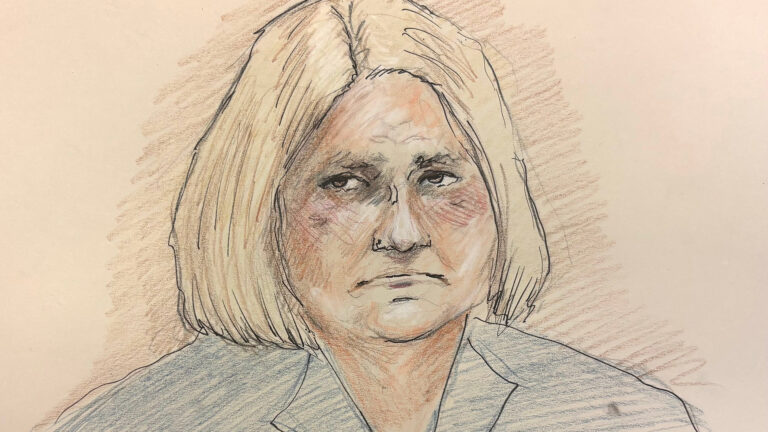
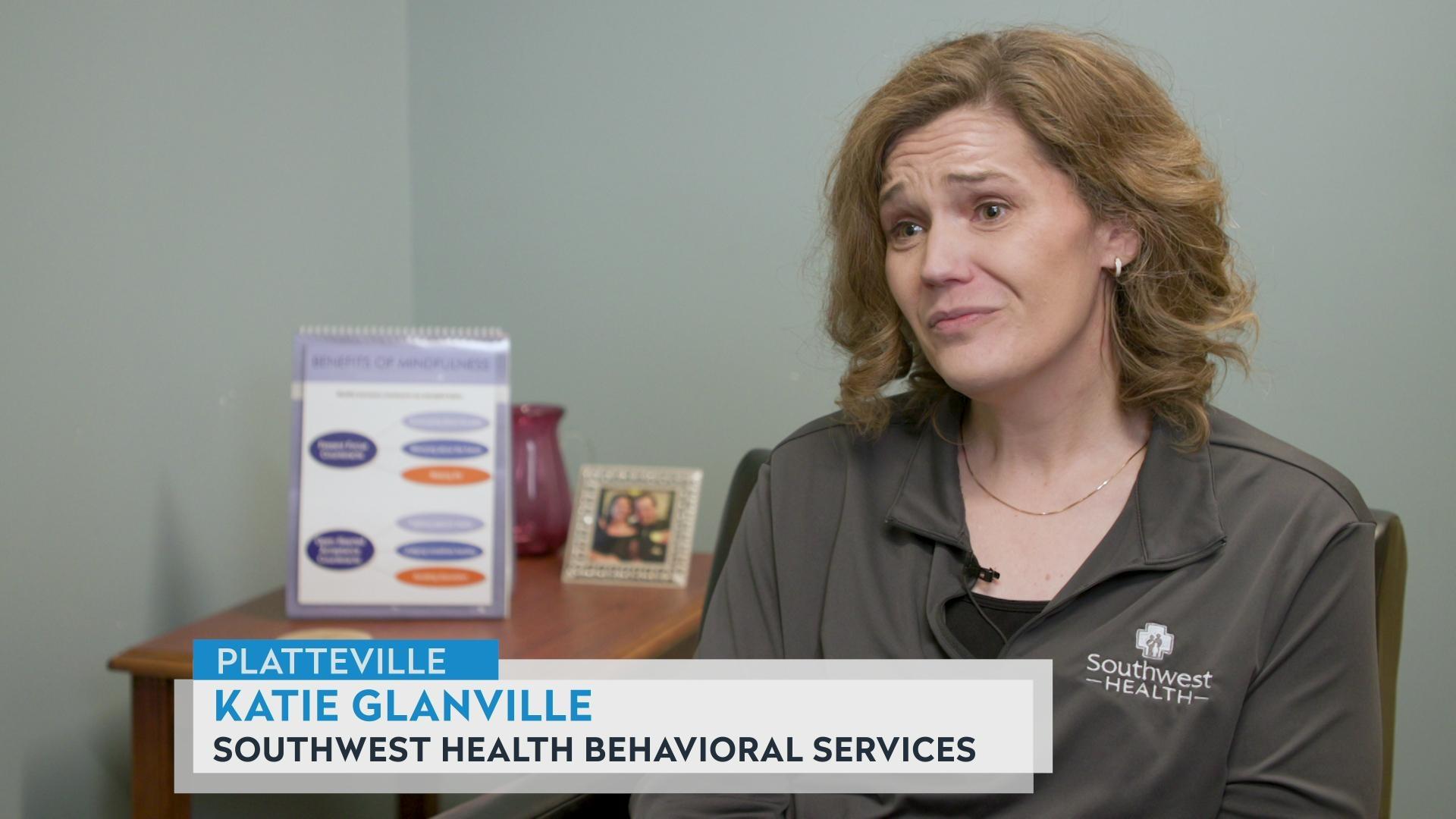






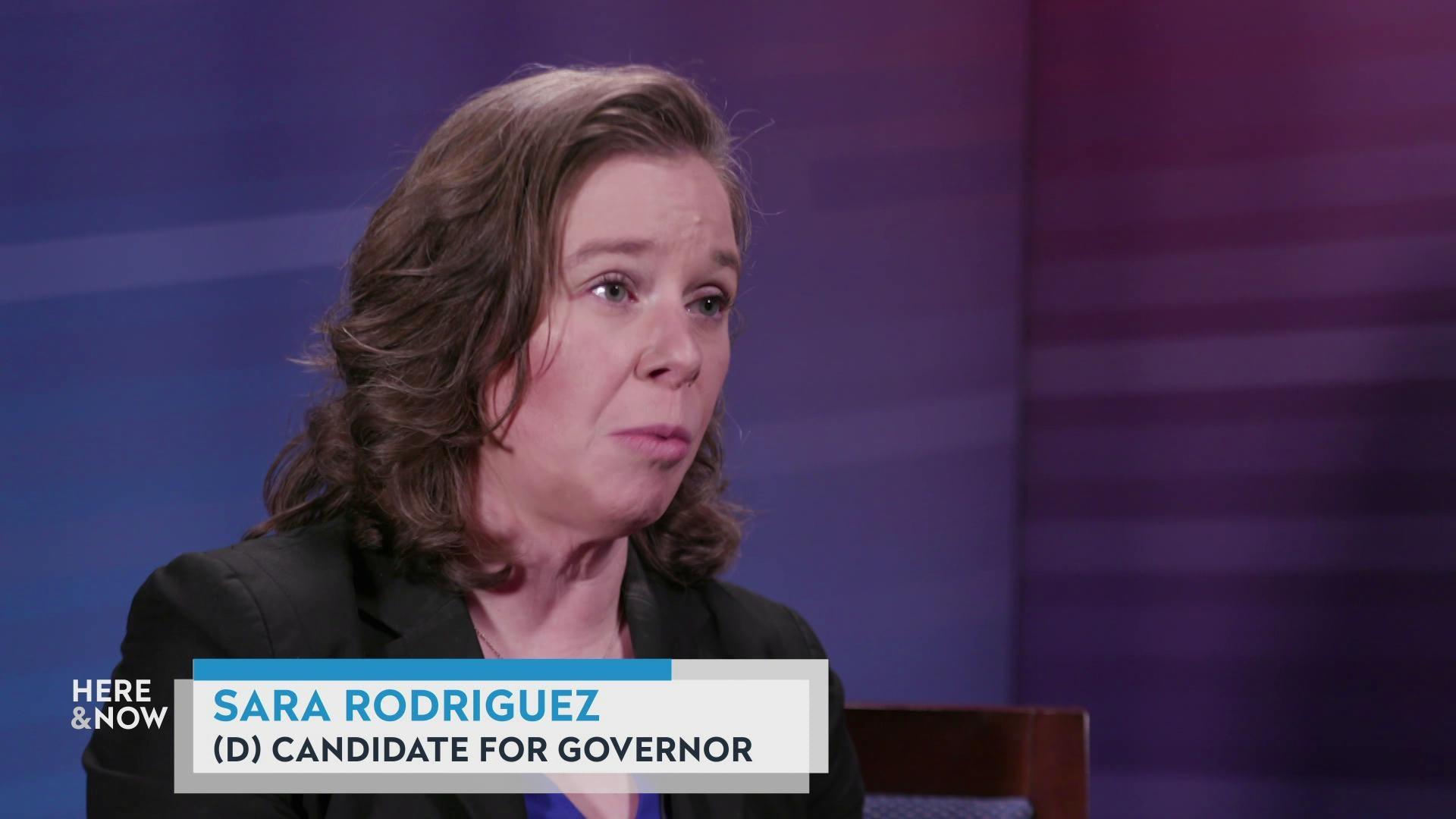
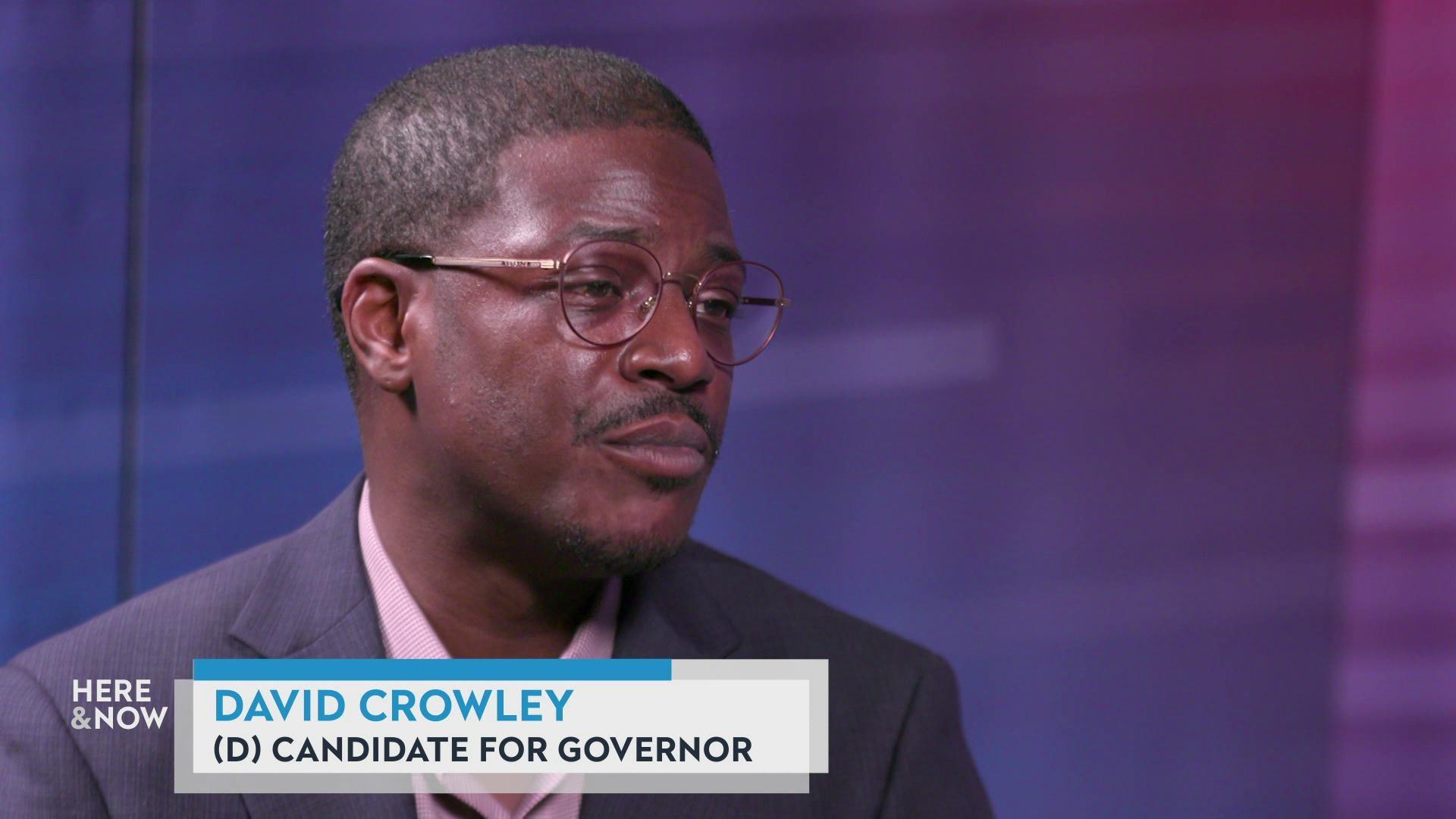
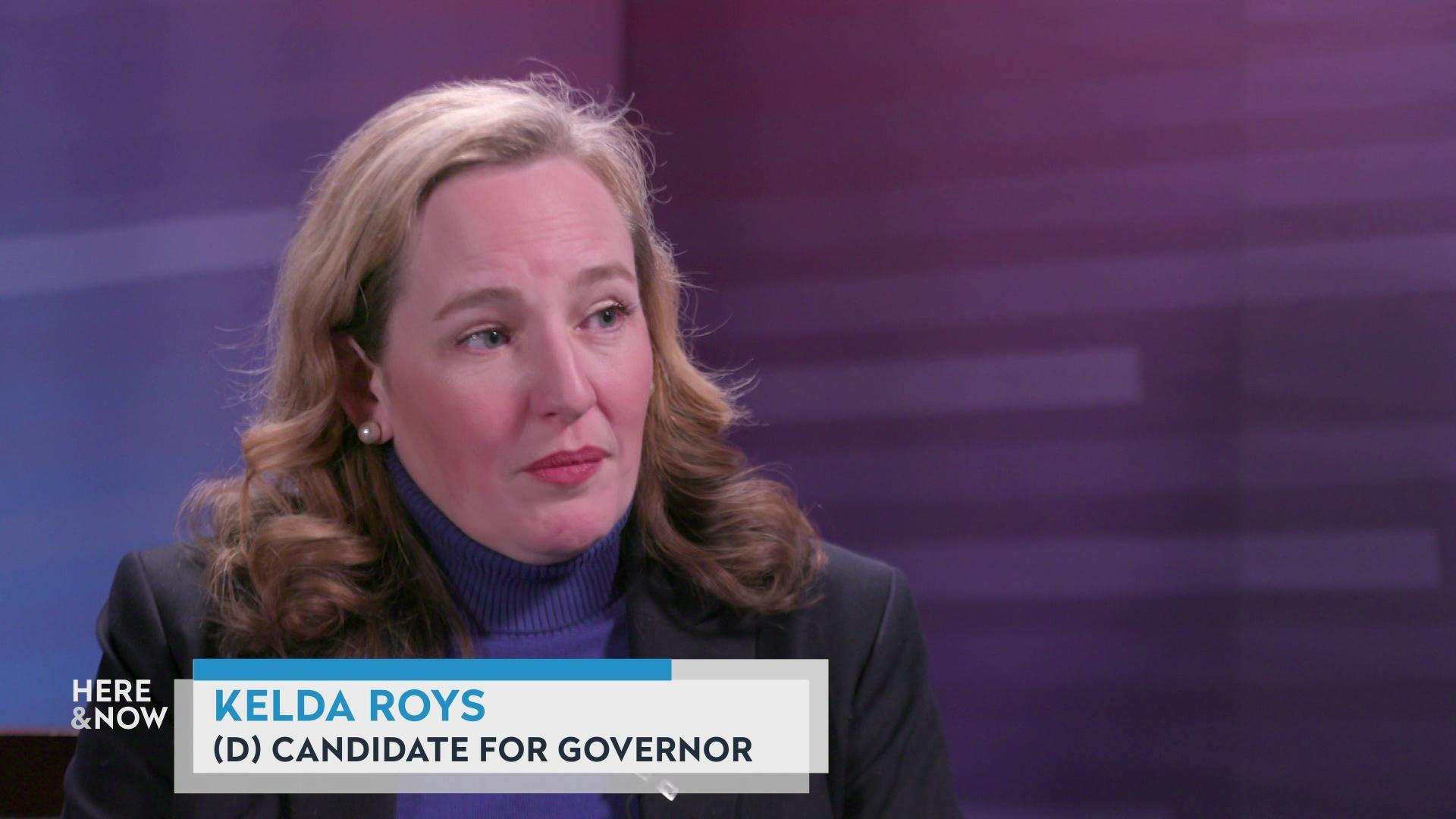


Follow Us